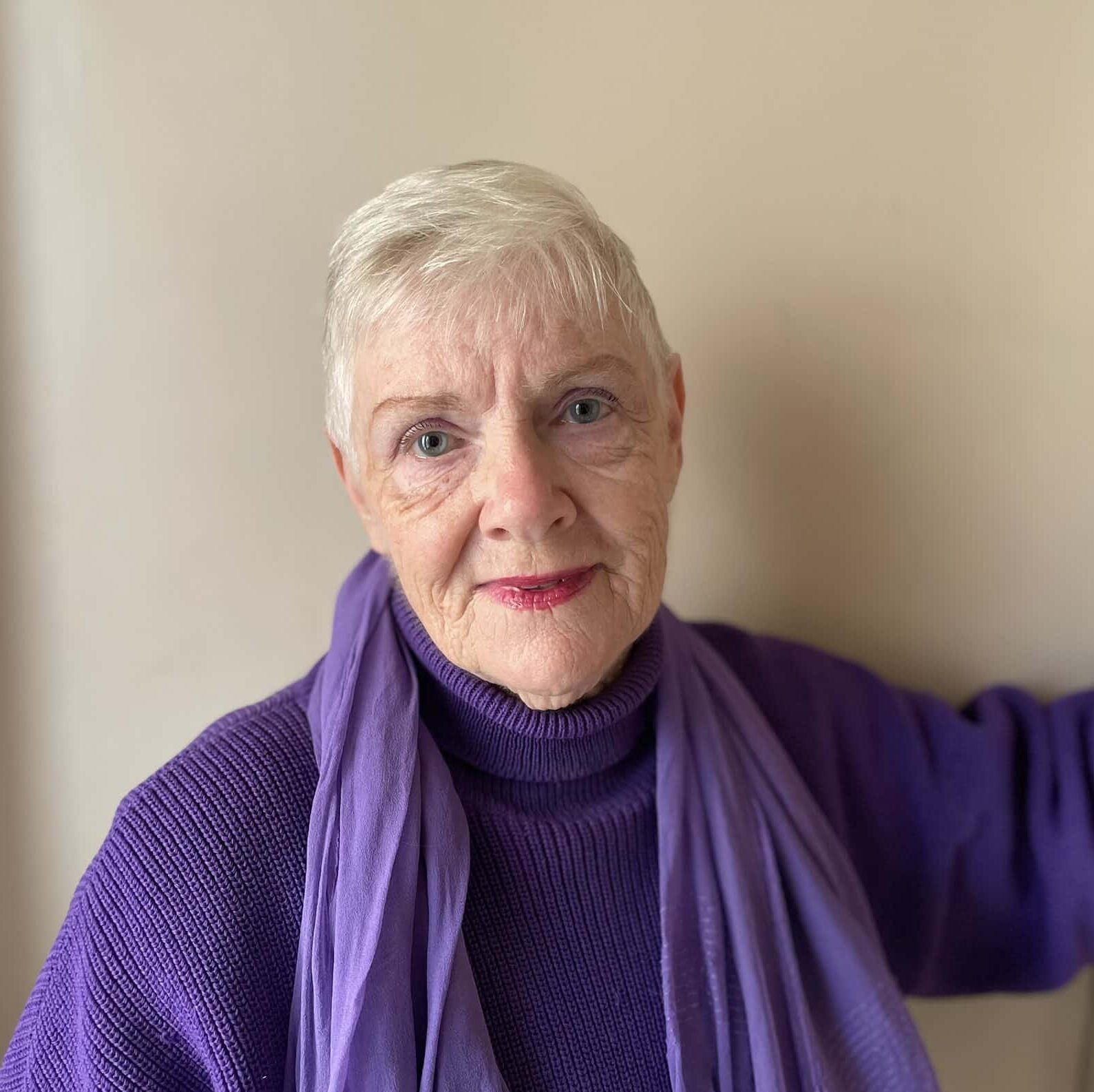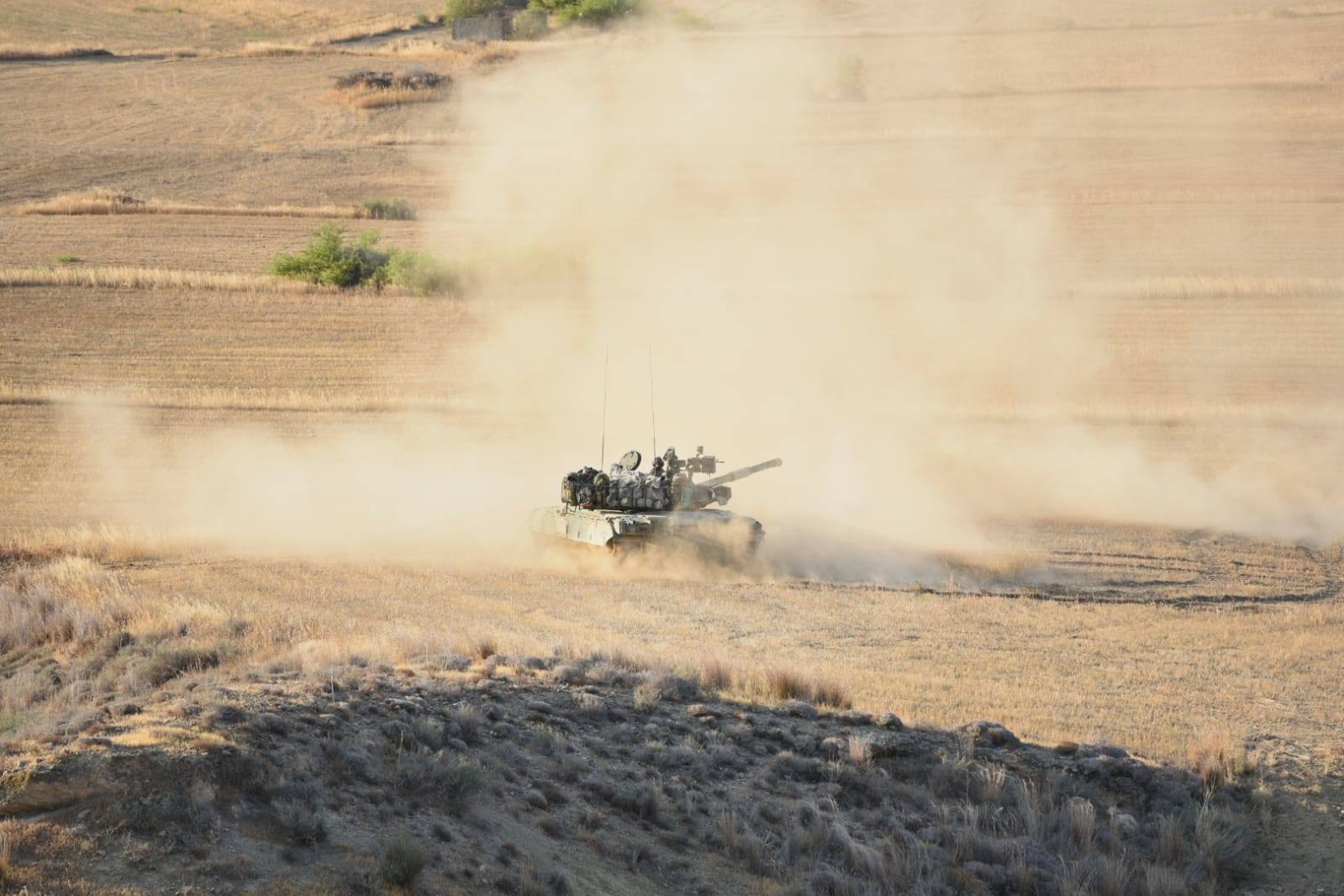THE WAY THINGS ARE
‘I’ll never forget the New Year I was 15,’ an Irish friend told me. It was near lunchtime, the extended family in the living room. There was a bang on the door and a neighbour yelled, ‘Big Sean is coming, dragging!’
The mood changed abruptly, her mother turned off the TV and told the young ones to be very quiet. Sean worked at the wood mill delivering sacks of wood. He always carried home the big hatchet he used to chop blocks and when angry dragged it along behind him.
At 13, Sean ran away from an orphanage. When the owner of the mill found him sleeping in a shed, he helped him. The boy appeared slow-witted and the local bullies teased him, but soon ran when they saw him coming. A man tried to cheat him on the price of a sack of logs and called him names, when Sean argued the lad broke two of his teeth. The police cautioned him with juvenile detention. Aware of his strength and quick temper people avoided him.
‘That day,’ she continued, ‘he was on the road, looking upset, dragging the hatchet behind him, everyone went inside, we could hear him coming.’ Neill, her father told the children to be quiet. She was a fidget, got bored opened the piano and softly started to play her dad’s favorite, ignoring the shhhhes around her. She began to sing, her sweet soprano voice lifting as she played.
The dragging stopped – outside the door and there was a knock, and Sean kept knocking till her father opened it.
‘How are you Sean, what can I do for you’?
‘I heard someone singing a song my mother sang when I was small. When she died, they stuck me in that awful home where no one sang. Would she sing it for me, please?’
To everyone’s shock Neill brought him in asking his wife to bring tea and cake for Sean. ‘There was my dad, smoking his pipe as if it was normal to have an unstable man nursing a hatchet listening to his daughter sing and play.’ Sean closed his eyes, lost in memory. Then he began to sing in a sweet tenor voice along with her, and Neill, a deep baritone added his harmony. Two older cousins, accomplished folk musicians, added to the chorus with bodhran and accordion; more songs followed. An hour later, he stood up, thanked her mother politely and, as Neill walked him to the door, he invited Sean to meet him and his friends in the pub later. Sean readily accepted.
‘This was the best day I ever had since my mammy died, thank ye all so much, the blessings of God on ye.’
‘After that day, he never dragged the hatchet around after him. My father felt it was a kind of protection he gave himself, a defence from the world that didn’t want him, and on New Year’s Day, my mother found a big sack of wood outside the door with a note from Big Sean, saying, ‘Thank you, I’ll never forget that lovely sing song.’
Her father was a sea captain on a commercial vessel, well used to dealing with all kinds in his global travels. My friend was proud of how her father had handled the situation, saying the way he had treated Sean with friendship and respect made a difference. Neill suggested to people that rather than seeing Sean as someone to be afraid of, they could try to greet him with kindness. It took time but it worked and eventually Sean became just another of the characters she grew up with in her small town. He never married, stayed much of a loner but the anger subsided.
Years later, Neill told his daughter the orphanage Sean had been sent to was infamous for child abuse. ‘Who knows what he suffered there.’ The gentle man who owned the mill had lost a son when large logs from a truck fell on him. Sean, alone and scared, had arrived two months later.







Click here to change your cookie preferences